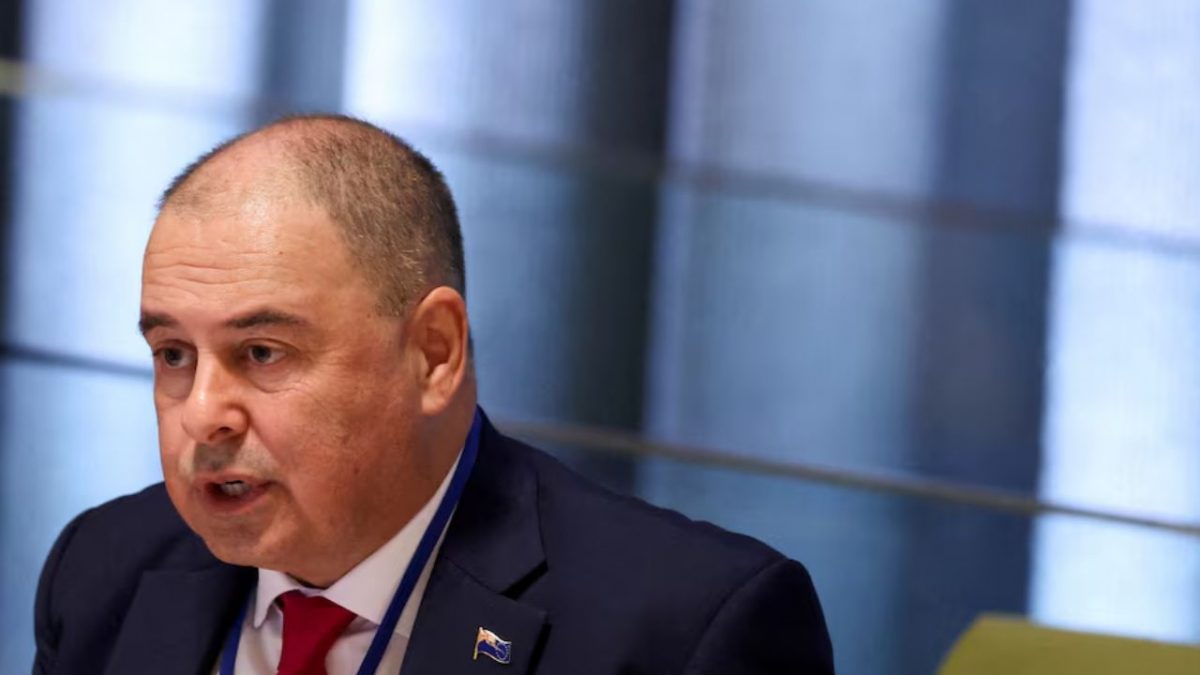The Cook Islands might be a small nation, with a population of a mere 15,000. However, the geopolitical gambles played by Prime Minister Mark Brown have unnerved its powerful allies like New Zealand and Australia.
The Pacific nation over the past few years has shunned its traditional allies, with Brown signing a slew of deals with China spanning infrastructure, ship-building, tourism, agriculture, technology, education and notably deep-sea mineral exploration.
New Zealand has opposed this shift, saying it was “blindsided” by the China deals. However, Brown maintains why an independent nation should worry about What Wellington has to say. He added that his decisions focus on the “long-term interests” of the Cook Islands. Nevertheless, he has assured both Wellington and Canberra that his nation’s relationship with China won’t hurt ties with them.
Political tensions
Brown’s shift towards China however has stirred political tensions in the country. Recently, protests broke out in Rarotonga - the largest Cook Island that also hosts the capital and the parliament. The PM also faced a no-confidence vote earlier this week, which he survived.
Cook Islanders want to preserve their traditional relations with New Zealand, reinforced by the links between Māori communities.
“[The relationship with NZ] connects us politically and connects us to our brothers and sisters of Aotearoa [the Māori word for New Zealand] – they left our shores to sail to Aotearoa. We need to remember that,” Cook Islander Jackie Tuara was quoted by BBC as saying at a recent demonstration.
It is to be noted that around 100,000 Cook Islanders currently reside in New Zealand and Australia.
“Let us stand in partnership with countries that have the same democratic principles as we are a democratic nation, are we not?” Tuara stated, adding, “We don’t want to see our land and our oceans sold to the highest bidder. Those resources are for us – for our children, for their future.”
China’s tentacles in the region
China’s influence in the Pacific is growing for quite some time now. From securing a security deal in the Solomon Islands to providing medical aid in Tonga, Beijing has steadily expanded its presence.
In response, the US and the company have ramped up counterefforts.
The Trump question
However, a new dynamic has emerged as President Donald Trump slams his wrecking ball into USA’s alliances globally.
While many within Trump’s administration still see China as a serious threat, many caste doubts over Washington’s approach to Beijing. Trump’s threats of steel and aluminium tariffs, along with potential cuts to foreign aid, have left Australia feeling more isolated than ever.
Impact Shorts
More ShortsLast week, tensions escalated when flights between New Zealand and Australia were diverted due to Chinese military exercises involving live fire. Australia and New Zealand had been monitoring three Chinese warships moving along Australia’s eastern coast—an unexpected show of force that experts view as a significant escalation.
“I think the political act is to say, look, we can do this anytime we want. You can’t do anything about it, and the United States is not doing anything about it, because they’re busy tearing down the global system,” said Mihai Sora, director of the Pacific Islands programme at Australia’s Lowy Institute.
(With inputs from agencies)


)

)
)
)
)
)
)
)
)



